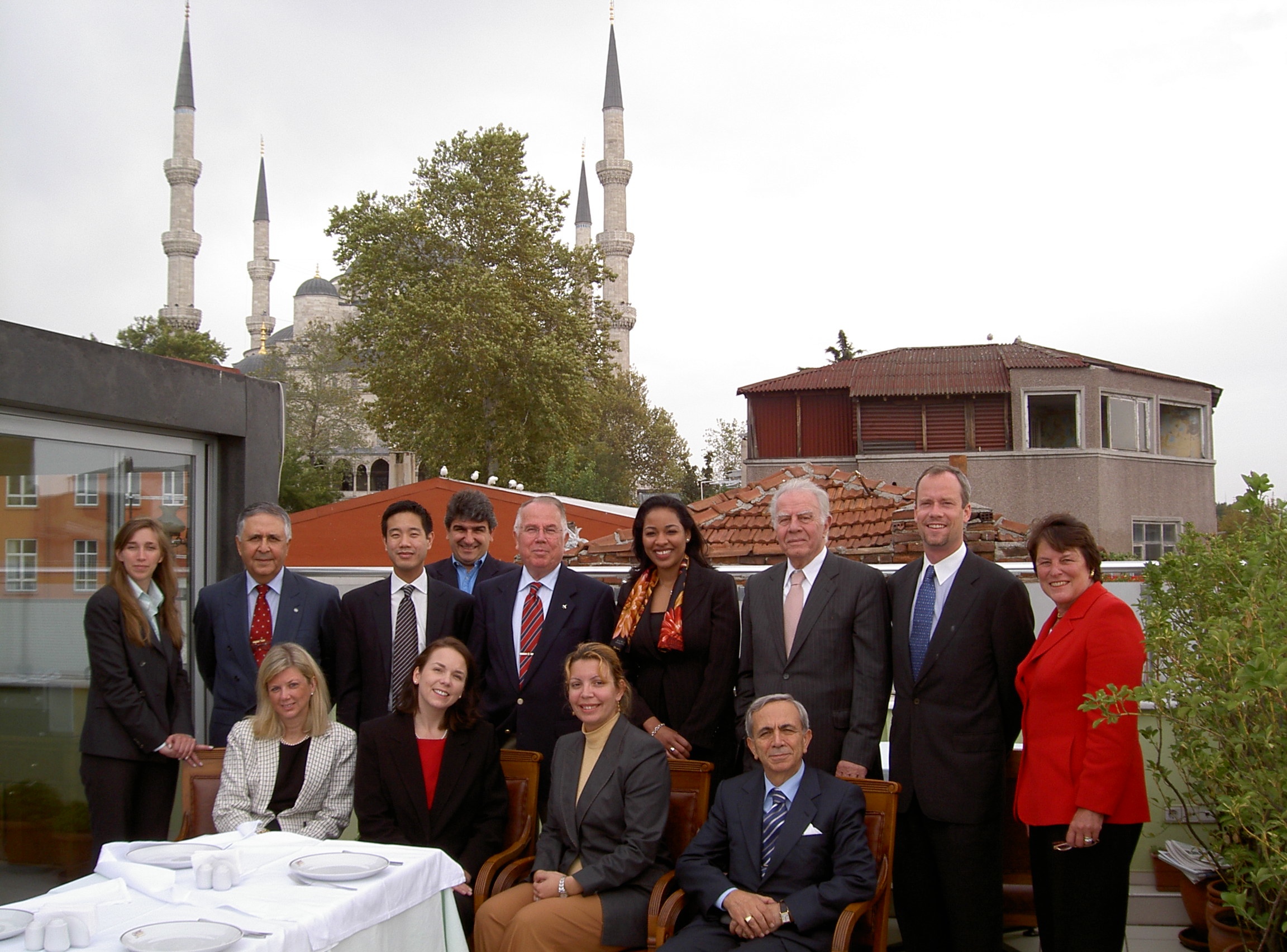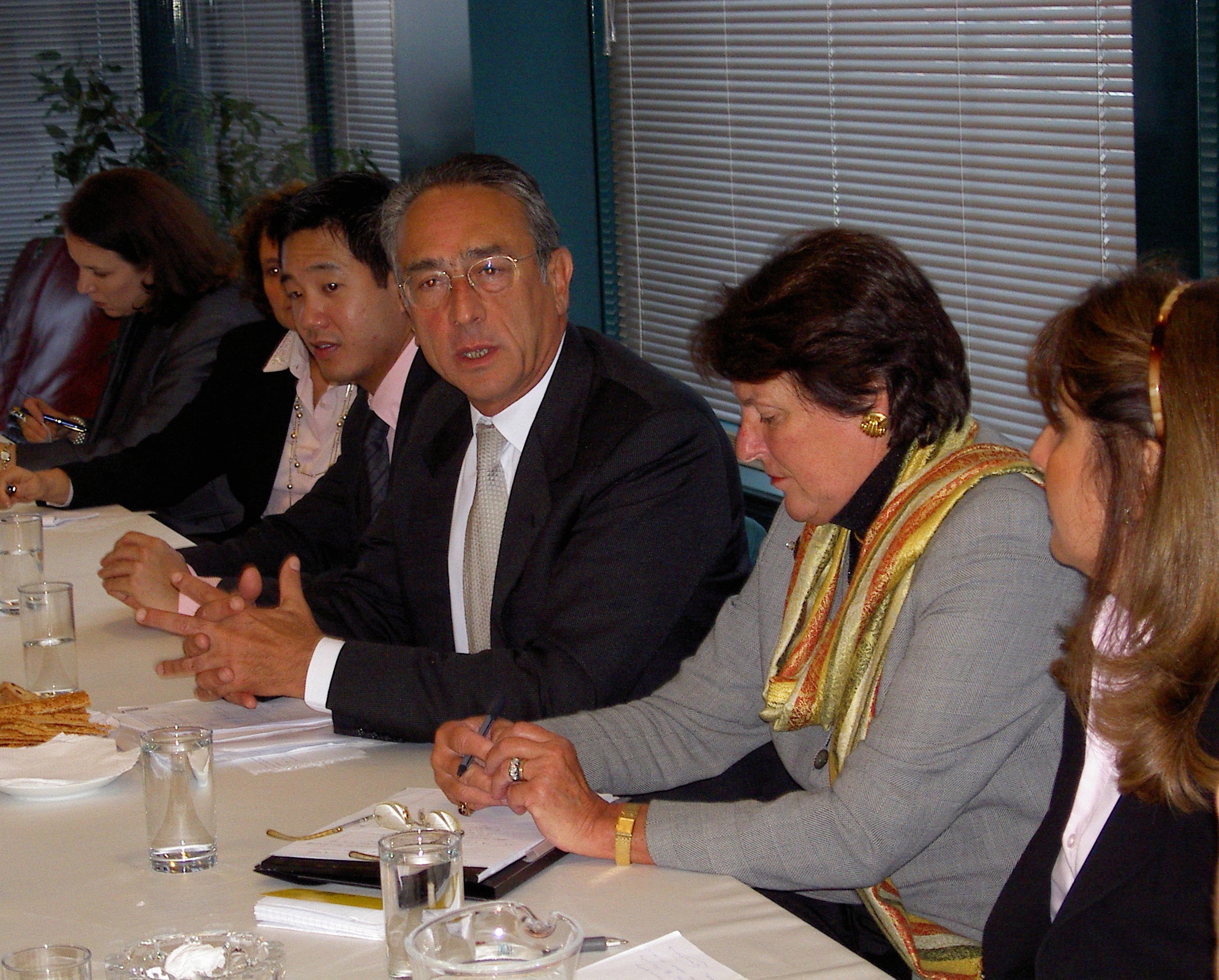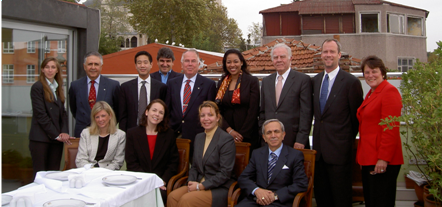In the fall of 2004, Network 20/20 chose Turkey as its first field study because of the country’s pivotal role in global security. Its positioning between Europe and Asia, its membership in NATO with a secular democratic heritage, its close ties with Israel and its independent foreign policy are what made Turkey an apt location for discussions aimed at bridging the current gulf between the Islamic and Western worlds.
The American military effort in Iraq triggered a surge of anti-Americanism in Turkey and strained relations between the two governments and the U.S. invasion was deeply unpopular among Turks, as a third of whom admitted believing that the United States is the world’s greatest threat to global peace. In the spring of 2004, Prime Minister Recep Tayyip Erdogan had even gone so far as to accuse the U.S. of terrorism in Iraq. It seemed that after a half century of amicable relations, the ties between Turkey and the United States were fraying.
Network 20/20 sent a delegation of 10 members to engage in 10 days of intensive meetings in Istanbul and Ankara. There, they met with senior government officials, military officers, business leaders, journalists, scholars, Islamist activists, religious leaders and representatives from the nonprofit world. These comprehensive and heterogeneous set of interviews with individuals not normally met by Americans resulted in the report, Talking Turkey: A Private Perspective on Public Diplomacy, in which Network 20/20 makes concrete recommendations for improving U.S.-Turkish relations.

































